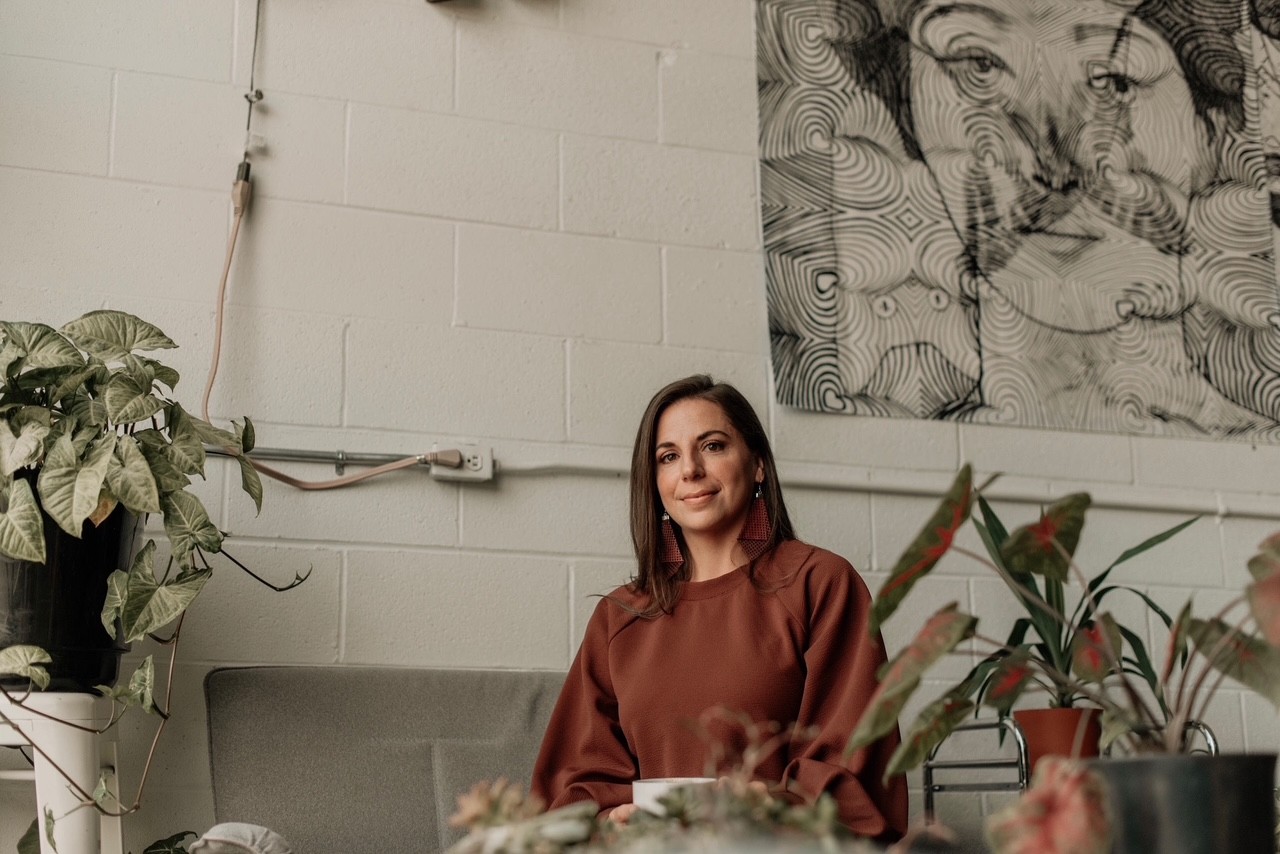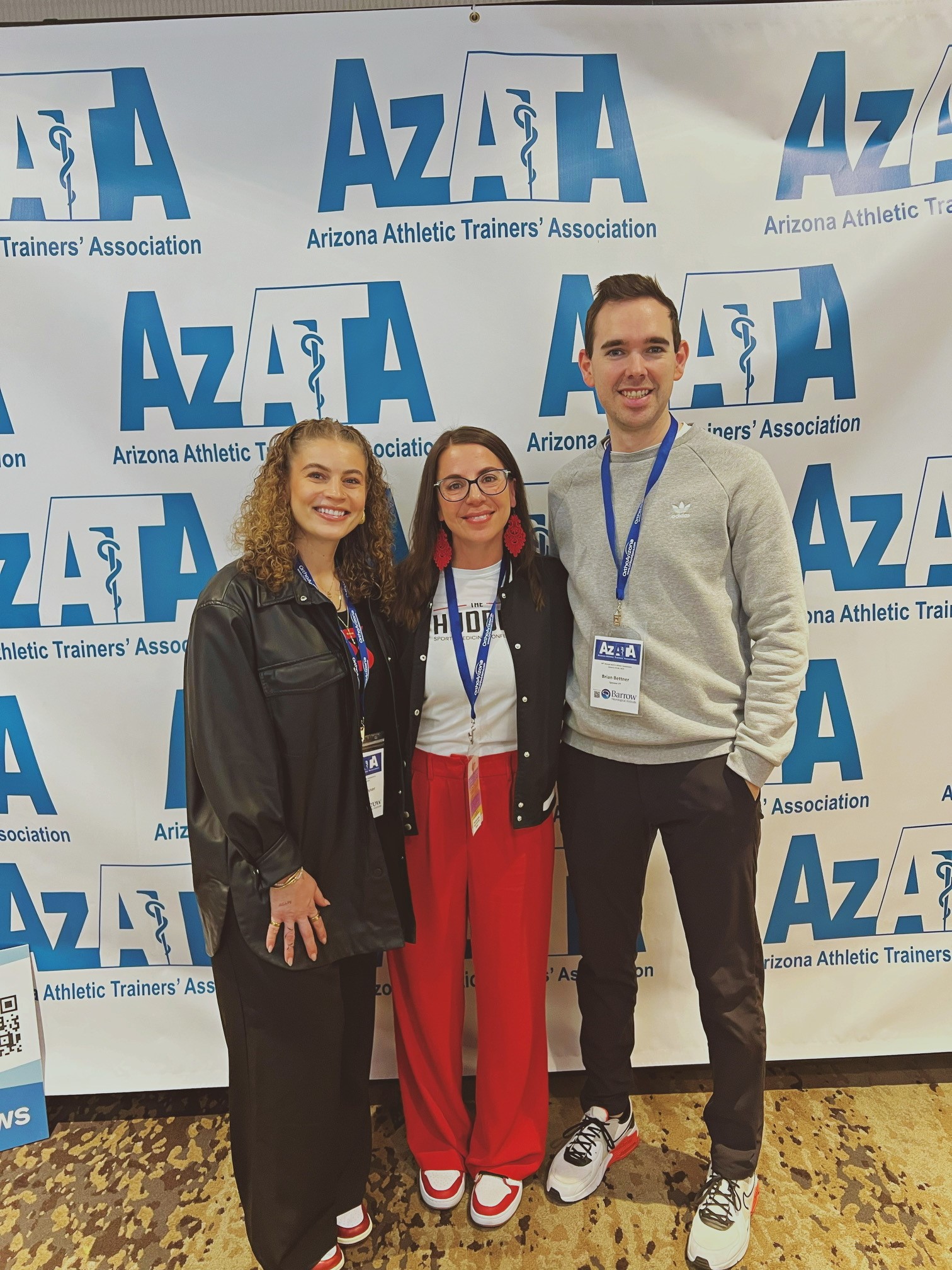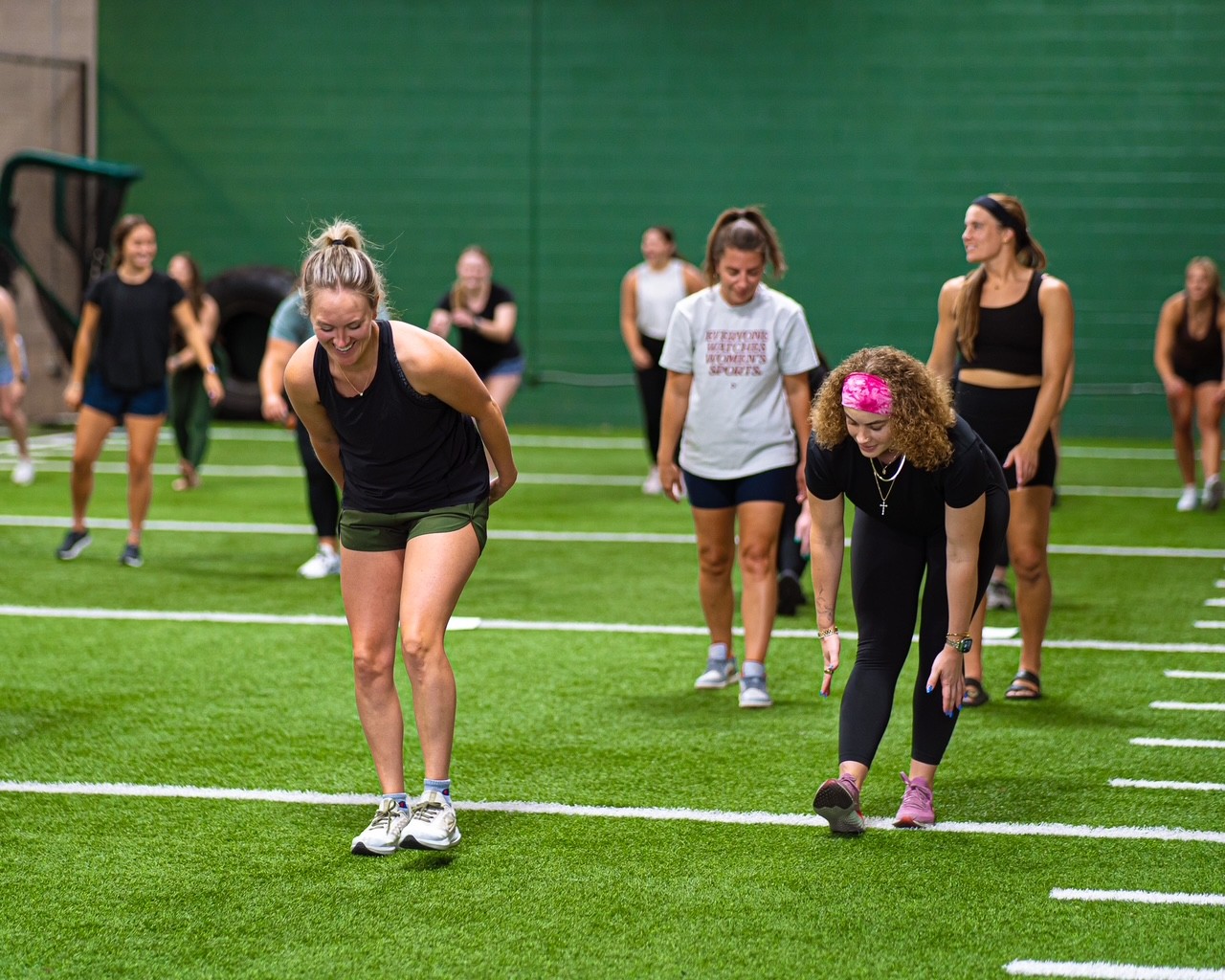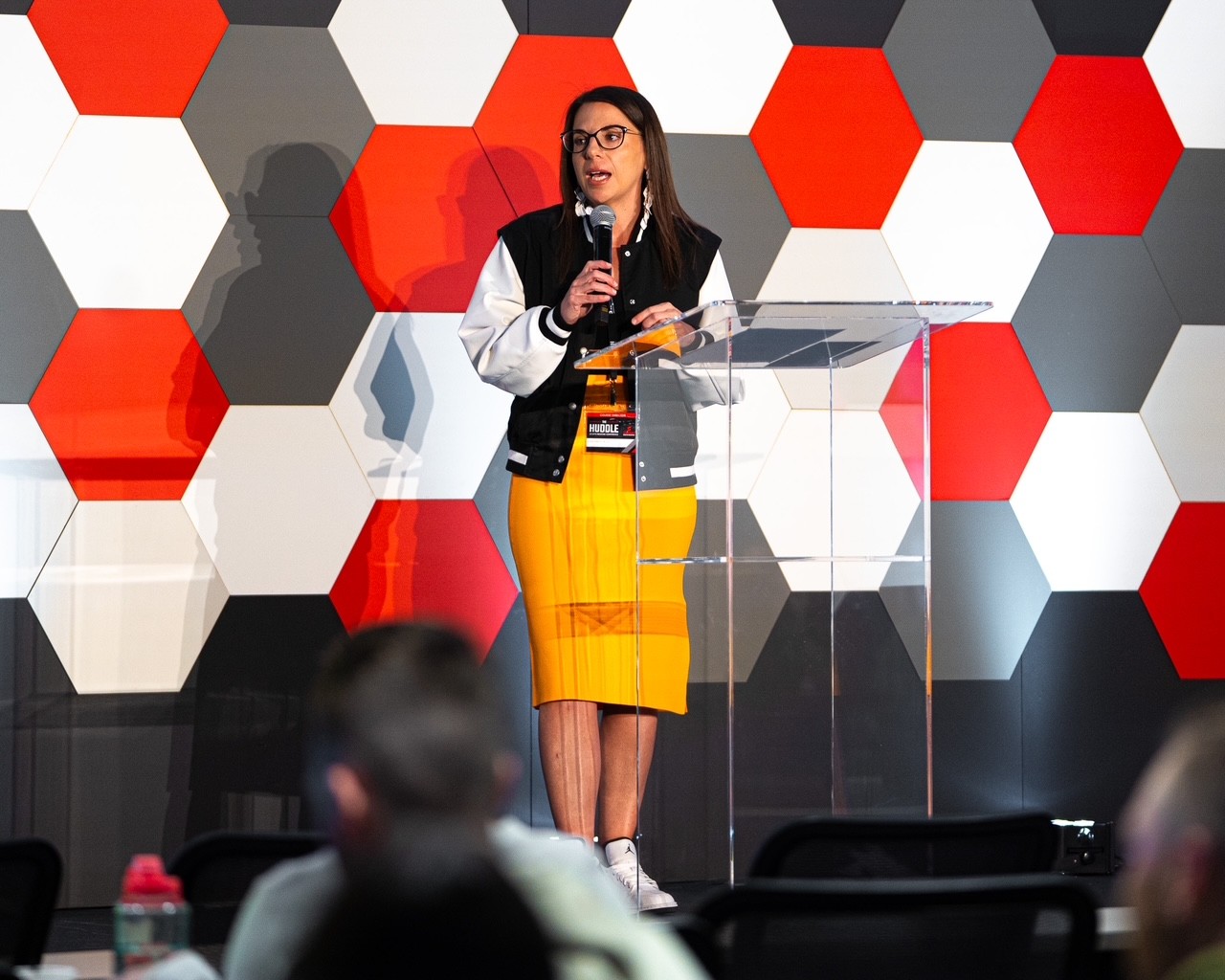We caught up with the brilliant and insightful Rebekah Hibbert a few weeks ago and have shared our conversation below.
Rebekah, thanks for joining us, excited to have you contributing your stories and insights. Was there a moment in your career that meaningfully altered your trajectory? If so, we’d love to hear the backstory.
About 6 years ago the hospital I was working for at the time dissolved the Women’s Sports Health Program I had created with my colleagued Robin Curry, MD—claiming it caused “brand confusion” with the larger Sports Health Program—and I faced a defining moment. I could wait for an employer to recognize and drive the change I wanted to see in the industry or take matters into my own hands. That moment made me realize real change starts with individuals, not institutions.
For years, I had relied on my current or ‘next’ job to create progress in sports medicine—such as improving care for female athletes, bringing more women into male-dominated spaces, and fostering interprofessional collaboration. This setback helped me see that the power to create change was mine to take hold of—if I was willing to do the work and had the courage to put myself out there both in a new role as Director of Sports Medicine as well as in the creation of my Women in Sports Medicine Networking Events.

Great, appreciate you sharing that with us. Before we ask you to share more of your insights, can you take a moment to introduce yourself and how you got to where you are today to our readers.
I was an athlete growing up and, unfortunately, tore my ACL three times over the course of my career. Those injuries and the rehabs that followed sparked my interest in the athletic training profession. For over a decade, I’ve had the opportunity to work with athletes in military, high school and collegiate settings, which only further my appreciation for the resilience and dedication it takes to return to peak performance and what we can provide in the sports medicine community for athletes.
As I continued to grow in my career, I wanted to make a broader impact. That led me to a role as a Coordinator of Sports Medicine within a hospital system, and eventually into my current position as Director of Sports Medicine at Spooner.
Over the years, one gap I’ve become increasingly passionate about is the lack of research and tailored care for female athletes. This lack of data, or putting the data we do have in to action for our female athletes, affects outcomes and can limit performance potential. And it does not have to be this way. I’m committed to changing that, by staying current with emerging research that can better support their care and providing education and platforms to those who are doing this work.
Another important piece of my journey is advocacy and community. Throughout my career, I was often the only woman, or one of very few, in a department. That experience inspired me to create the Women in Sports Medicine Networking Events, a space where women can connect, share experiences, and build relationships in fields that can often feel isolating.
Whether it’s through my role as Director of Sports Medicine or in the creator space with the networking events, authenticity is at the heart of everything I do. I strive for excellence, but never in a silo. Collaboration, transparency, and mentorship are essential to how I lead and show up for others. I want people to know that when you work with me, you’re getting someone who genuinely cares about progress, connection, and raising the bar for what’s possible, together.
Any stories or insights that might help us understand how you’ve built such a strong reputation?
I moved to the Phoenix area about five years ago, and at the time, I didn’t know anyone in the Sports Medicine community. I had to build a reputation not only for myself but also for the Sports Medicine program we were creating at Spooner. The only way I knew how to do that, and what I still recommend to others, is by leading with transparency, authenticity, and being real with people.
No one wants to be sold something. Overpromising is one of my worst nightmares. I believe in showing up with honesty and vulnerability, being clear about what I know, and equally comfortable acknowledging what I don’t. That kind of honesty builds trust, and trust is the foundation of every meaningful relationship.
What’s helped me most is focusing on people, not transactions. I don’t view the individuals I meet as steps on a ladder. I see them as potential collaborators, colleagues, or just good humans doing good work. When you stop approaching every interaction as a means to an end and start investing in genuine relationships, the reputation follows. And at the end of the day, people know they’re going to get the truth from me: no fluff, no exaggeration, just honest conversations and real follow-through.

Putting training and knowledge aside, what else do you think really matters in terms of succeeding in your field?
Communication and collaboration. My coworkers joke that these are my favorite words and they’re not wrong. Whether it’s in my role as Director or through the Women in Sports Medicine Networking Events, these two things aren’t just important, they’re essential. Not only in my field, but honestly, in any field where people and progress are involved.
Communication: One of my friends is a sports psychologist, and she always reminds me to “control the controllables.” That means I can only control myself, how I show up, how I communicate, and how I respond. Even if someone else isn’t communicating at a high level, I still have to. Because at the end of the day, whether it’s the care of an athlete, supporting a sports medicine clinician, or maintaining a community relationship, it’s on me to make sure the message is clear and the work gets done.
Collaboration: We’re at our best when we drop the ego and work together. That means recognizing our own gaps and being willing to learn from the people around us. If everything feels like a competition, growth is going to be really hard. You will miss the opportunities to learn from others. There’s absolutely a place for healthy competition, but there’s an even bigger place for collaboration and it’s where real progress happens.
Contact Info:
- Instagram: women_do

Image Credits
Destiny Rae Photography
Spooner Marketing Team


